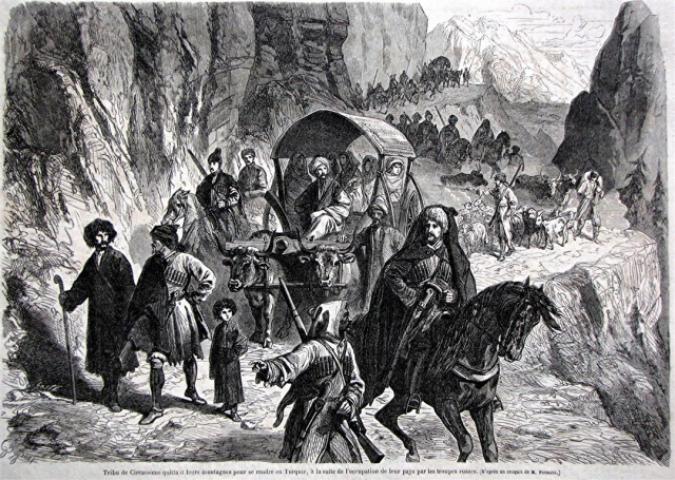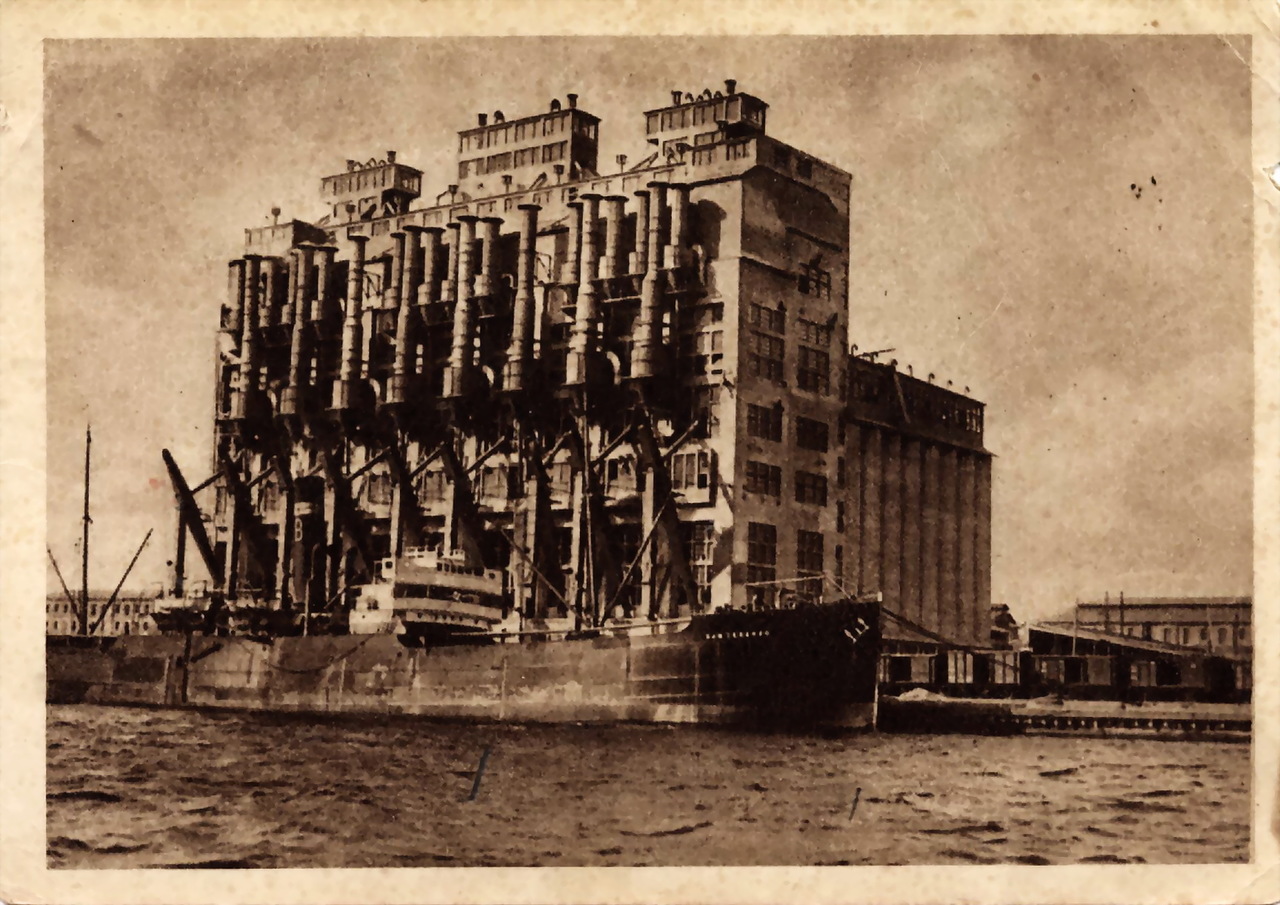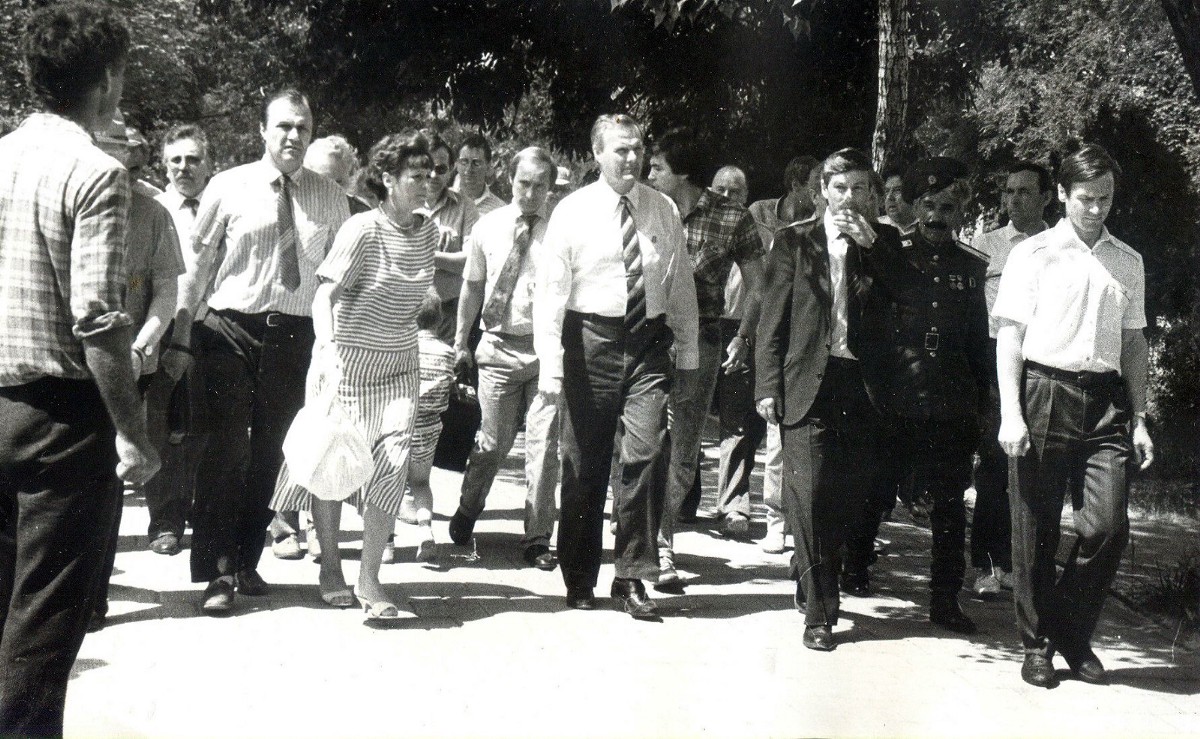But the current war, the Russian commentator points out, is “not between Ukraine and Russia but between Ukraina-Rus and Muscovy” and that the contestants aren’t "Bandera and Stalin but Danilo Galitsky whom Innocent III proclaimed king of the Ruthenians and Aleksandr Nevsky who received his princely title from Khan Mengu.”
In this latest remarks on Ukraine, Putin alludes to but distorts this reality when he says that those Ukrainians who view themselves as separate nations and separate states “in the future all the same will come to recognize the need for the unification of Russia and Ukraine because of the opportunities and competitive advantages” such a combined state would have.
Such comments betray Putin’s fundamental ignorance of the history of the Slavic peoples and the states they have formed. Before the Mongol conquest, Ancient Russia had three main centers: Novgorod and Pskov, Kyiv, and Vladimir-Suzdal which “was colonized by junior lines of the Kyivan princes."
The third bore the brunt of the Mongol invasion and became the center of resistance to it. Muscovy emerged in this process and by the 17th century had extended its rule to the Pacific, “founding Siberian cities and the territorially largest colonial empire ever,” Inozemtsev continues.
“However” – and this is what Putin does not appear to recognize – “Muscovy of the 16th century was not Russia.” It became that only in the 17th when it extended its rule over all three centers of “historic Rus.’” “The Muscovite empire was transformed into Russia and from the beginning of the 18th century, it launched a new imperial project.”
It was one created not by Muscovy but by the Russian Empire and included the seizure of the Baltic region, Poland, Crimea and Wallachia, the Caucasus and later Central Asia. Those behind it were “not only the Muscovites but all those who were included in Russia and even those who came to its service from abroad.”
The Ukrainian parliamentarians who in July 2017 proposed that Kyiv should refer to its northeastern neighbor not as Russia but as Muscovy were “completely correct.” Indeed, some in Moscow at the time of the USSR’s end dreamed of a Slavic union as a way to stop the historic reversal and make the Moscow-centric state a Slavic union of some kind.
“But the disintegration went further,” Inozemtsev says, “having left Moscow face to face with its earlier colonies from Tatarstan and the ‘Russian’ North from Chukotka and the Primamurye. Over the course of [the last] several decades, the Kremlin has been occupied with getting rid of the elements of the ‘accidentally’ allowed federalism.”
He continues: For people in Moscow to accept that they had returned to Muscovy was very hard and their sense of loss was hardly compensated by nuclear arms or imperial rhetoric. And that led the Kremlin to begin to talk about “the Russian world” and “historical Russia” and to pursue the absorption of Ukraine and Belarus.
“The world of the 21st century is significantly distinguished from the world of the 17th,” Inozemtsev says. But one must understand that then Muscovy consolidated Rus; it was not Rus that changed Muscovy. As a result, the current conflict of Moscow and Kyiv reflects a conflict within Russian civilization which arose between the Baltic and Byzantium.”
On the outcome of that dispute, the economist concludes, “depends the future of all of Europe.”
Further reading:
- The population of Kyivan Rus spoke Old Ukrainian, says historian
- New book tells of sacred relics of Kyivan Rus appropriated by Russia
- The mystery of how Kyivan Rus shaped early Christianity in Norway
- Ukrainian Parliament backs idea of creating museum on Kyivan Rus archeology site
- Historical finds from Kyivan Rus era under threat in centre of Kyiv
- Ukraine and France to film historical drama about French princess from Kyivan Rus
- Ukrainian conflict is between ‘heirs of Kyivan Rus’ and ‘heirs of Golden Horde"
- How Moscow hijacked the history of Kyivan Rus’
- Russia’s cap of the Monomakh came not from Constantinople but from Khan Tashkent, historian says
- Ukrainian suggestion that Russia should be called Muscovy infuriates Russians





